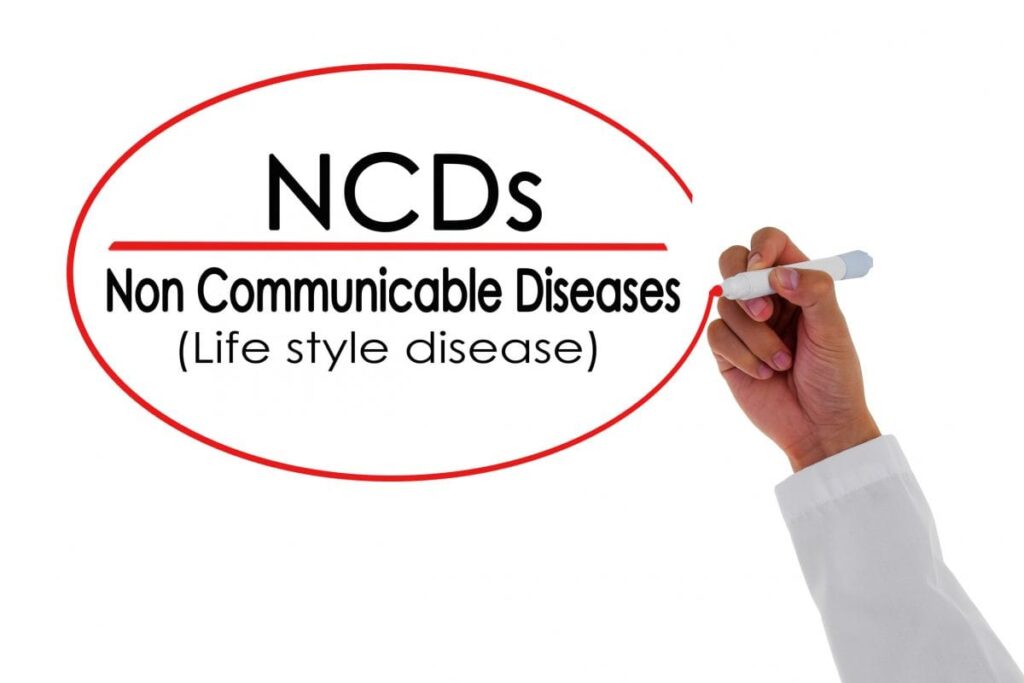India faces a future in which noncommunicable diseases (NCDs) could well leave its already underfunded health system crippled. In light of this, any potential interventions or tools to combat NCDs are more than welcome to India’s healthcare system.

Medapp may be one such tool. Medapp is a healthcare service provider aiming to bridge the gap between India’s existing healthcare infrastructure and the patients themselves. The predominant aspect of this has been the use of camps across a number of cities to aid in diagnosis and the provision of information and treatment.
The programme started in 2015 and began by holding regular medical camps in multiple cities across India to spread awareness about the importance of ongoing disease management. Medapp’s founder, Niranjan Swamy, began expansion of the programme once he realised the sheer gravity of the problems attached to India’s healthcare situation.
One of the key aspects of India’s NCD crisis, he found, was that people are often unaware of the chronic nature of their condition and, as such, neglect to ensure they consistently adhere to treatment regimens. This may be for a number of reasons. Lack of knowledge is often critical, though some are well aware of their conditions but lack the financial means to regularly afford treatment.
This situation has become commonplace as NCDs emerge to the forefront of India’s public health concerns. Heart disease accounted for 28.1 percent of all deaths in India in 2016, standing as India’s biggest killers.
Overall, 61.8 percent of deaths can be attributed to NCDs. This means NCDs account for a greater proportion of India’s disease burden than infectious diseases, a change that has only occurred in recent decades. As such, the healthcare system, as well as the public in general, are ill-equipped to deal with this relatively recent phenomenon. Many areas lack the necessary medical facilities, resources and staff to deal with the issue.
Medapp’s key goals include raising awareness and increasing accessibility. Both of these qualities are much-needed across India. The company organises joint projects with leading pharmaceutical companies in India which include health campaigns, onsite health services (onsite injections), patient support and primary and secondary health care services.
It also attempts to raise awareness among schoolchildren, teachers and Aanganwadi workers across villages. In the same manner as the company started, this is primarily achieved through the use of camps around a number of cities. Around sixty to seventy of these camps are organised every month, each screening several hundred patients for diabetes, asthma and COPD.
Access and awareness are key components to the effectiveness of healthcare, both in India and abroad. Programmes such as Medapp may be a vital tool in allowing healthcare providers — as well as the patients themselves — to begin to deal with the influx of NCDs, an ongoing crisis requiring ongoing management.

